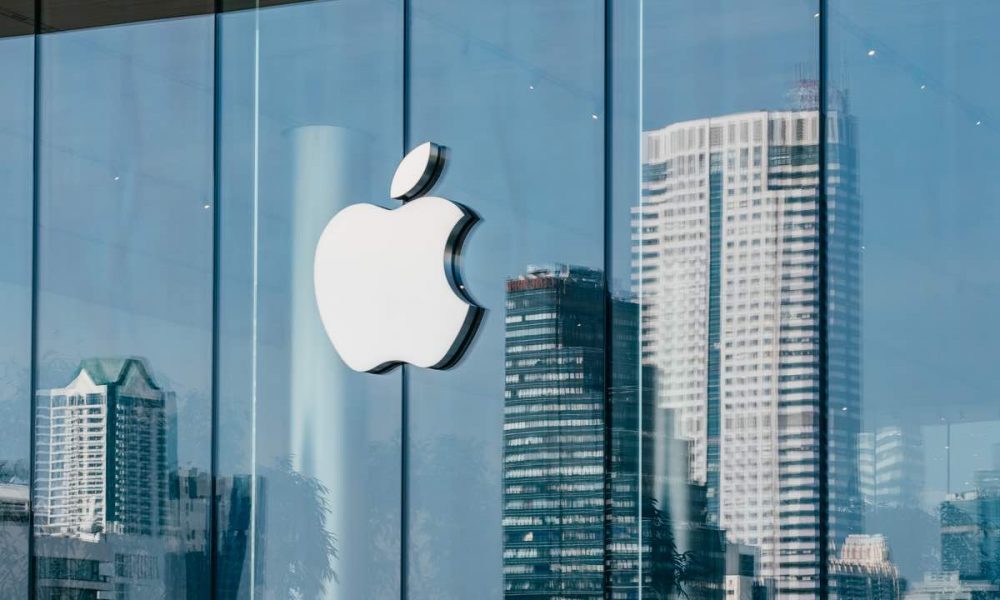摘要: The business models that have promised to be disruptors are, in some cases, themselves being disrupted.

▲圖片標題(來源: PYMNTS.com )
That conclusion can be drawn from recent announcements that the competitive (and regulatory) landscapes are changing for companies like Robinhood and Apple, and the movie studios too, where once-reliable revenue streams may be at risk.
Robinhood, of course, built on the promise of bringing younger investors to its digital platform to trade and invest, has been in regulatory crosshairs for a while. There’s the controversy surrounding meme stocks, to be sure, and whether these younger, digitally-savvy traders are adequately prepared to take on the risks of what we might liken to day trading. The gamification of, well, anything, garners scrutiny, particularly when money is involved.
Robinhood’s stock is off mid-single digit percentages through the past few sessions in the midst of news that the SEC may mandate a full-fledged ban on payment for order flow.
In terms of Wall Street mechanics, the practice is one where stockbrokers are paid to rout their trades to a particular market maker. As noted in our own dive into the company’s financials, PFOF, as it might be known for short, has represented 75% of the company’s top line — and that contribution, of course, is dependent on transaction volumes themselves. The clamor of traders to, well, trade, can be bumpy, and so, too, will the company’s fortunes be, by extension. If PFOF disappears entirely, the pivot toward providing new offerings or services across the financial system (which is a general re-statement of Robinhood’s goals) becomes more urgent, but less well funded.
Apple, too
Even Apple’s not immune from the shifting landscapes in which it makes its money. In this case, the settlement with App Store developers represents at least some sea change in providing more payments optionality across the platform ecosystem. And by doing so, these same developers get a chance to sidestep a model wherein Apple takes a cut of between 15% to 30% on transactions marked by high margins. South Korea — whose legislature has approved a bill that would require payments choice for developers — has shown that beyond the settlement approach, economic and revenue changes (and pressures) can be accomplished by mandate.
Even the subscription model — you know, streaming media — may hit a bit of a speed bump, at least when it comes to movies. Not all that long ago the death of the silver screen was widely heralded, at the expense of the HBO Max, Disney +, et al threat. It seemed like the couch would be the place, and in many cases the only place, to catch movies when they would come out. AMC, in one example, has a deal in place with Warner Brothers where that studio will make its movies available only in brick and mortar locations (real theaters, in other words), at least for the first 45 days.
All of this goes to show that even in the digital age, even the disrupters can be thrown a curveball or two.
轉貼自: PYMNTS.com
若喜歡本文,請關注我們的臉書 Please Like our Facebook Page: Big Data In Finance


留下你的回應
以訪客張貼回應